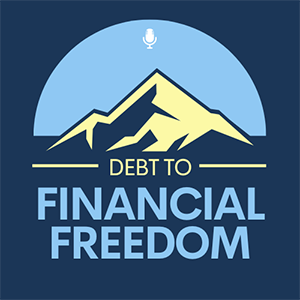When it comes to borrowing money, whether it’s for a mortgage, personal loan, or credit card, one of the most important decisions you will have to make is whether to choose a fixed or variable interest rate. The choice between the two ultimately depends on your individual financial situation and priorities. In this article, we will explore the differences between fixed and variable interest rates, as well as the pros and cons of each option to help you make an informed decision.
Fixed Interest Rates
Fixed interest rates offer stability and predictability to mortgage borrowers. With a fixed rate, the interest rate remains the same for the entire fixed term, regardless of changes in the market. This means that clients can budget their mortgage repayments accurately and won’t be impacted by any future interest rate increases.
Advantages of Fixed Interest Rates
- Stability and predictability: As mentioned, fixed interest rates offer stability and predictability, which can provide peace of mind for borrowers who want to know exactly how much they will be paying each month.
- Protection against interest rate increases: With a fixed interest rate, borrowers are protected against any future interest rate increases, which can help to keep their mortgage repayments affordable.
- Easy budgeting: With a fixed interest rate, borrowers can budget their mortgage repayments accurately, which can be particularly useful for those who are on a tight budget.
Disadvantages of Fixed Interest Rates
- Higher interest rate: Fixed interest rates are usually higher than variable interest rates, meaning that borrowers may end up paying more in interest over the life of their loan.
- Inflexibility: Fixed interest rates offer less flexibility compared to variable interest rates, as borrowers are unable to take advantage of any future interest rate decreases.
- Break fees: There may be break fees for making additional repayments to the fixed loan (usally banks have a limit of $10k p.a.) If borrowers sell their property or refinance during the fixed term, the break fees can be significant.
Variable Interest Rates
Variable interest rates are subject to change in response to market conditions, which means that the interest rate and mortgage repayments can go up or down. This can provide a level of flexibility to borrowers, as they can take advantage of any interest rate decreases.
Advantages of Variable Interest Rates
- Potential for lower interest rates: Variable interest rates are usually lower than fixed interest rates, which means that you may end up paying less in interest over the life of their loan.
- Flexibility: With a variable interest rate, you have the potential to take advantage of any future interest rate decreases, which can reduce your mortgage repayments.
- Additional repayments: There is no limit to extra repayments on Variable rate loans and no break fees. Offset accounts can also be linked to Variable loans with most lenders (for a fee).
Disadvantages of Variable Interest Rates
- Uncertainty: Variable interest rates are subject to change, which means that you may not know exactly how much you will be paying each month.
- Risk of interest rate increases: With a variable interest rate, you’re exposed to the risk of interest rate increases, which can increase your mortgage repayments.
So, is there a best solution?
The answer to this question depends on the individual’s financial goals and risk tolerance. For those who value stability and predictability, a fixed interest rate may be the best solution. On the other hand, for those who are comfortable with taking on some risk in exchange for potential savings, a variable interest rate may be the way to go.
It’s my job as a mortgage broker, to have a good understanding of both fixed and variable interest rates in relation to my client’s specific situations and I offer tailored advice based on their individual needs and circumstances. My goal is to always help my clients make informed decisions to build legacy wealth through property.
I’d love to help you too. Click the link now to book your appointment and start your journey towards financial freedom.







